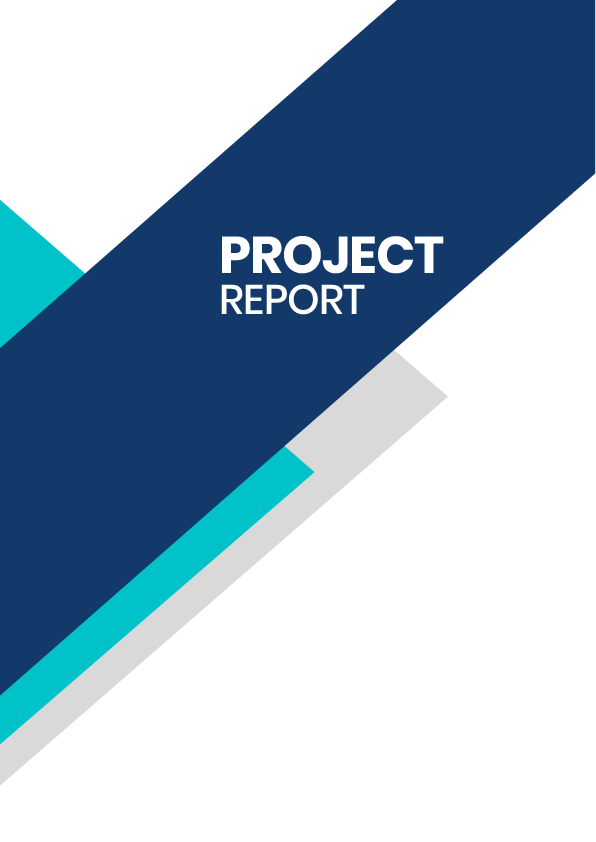Related Keywords
- Supermarket
- general store
- retail food store
- convenience store
- किराना दुकान
- सुविधा स्टोर
- खुदरा खाद्य दुकान
What are the Current Trends in Grocery Shop Business?
What are the Benefits of Entrepreneurs for a Grocery Shop Business?
- Big Market Growth: India’s retail market is expected to reach ₹107.9 lakh crore by 2025, with grocery stores making up a large part of it.
- Government Loan Support: The Stand-Up India Scheme provides loans from ₹10 lakh to ₹1 crore to help new businesses, especially for women and SC/ST entrepreneurs.
- Easy Small Loans: The PM SVANidhi scheme gives small shop owners loans up to ₹50,000 without requiring collateral. It also offers a 7% interest discount to make repayments easier.
- More Customers, More Sales: People in cities are shopping more for daily groceries. Big brands expect 10% more sales in the coming years, by online grocery delivery.
- Support for Farmers & Shops: The Indian government is increasing its farm budget by 15% to $20 billion to improve food supply and storage, making it easier for grocery businesses to grow.
How Finline can Help You for a Best Project Report for Grocery Shop Business?
Frequently Asked Questions
Get answers to common questions about Project report for grocery shop.

Need expert service?
Please send a WhatsApp message to us, and our team of experts will guide you in creating a project report for bank loan.
Create Your own project report in less than 10 mins.
- Unlimited edits
- Unlimited downloads
- Up to 10 years of projections
- 20+ pages

Frequently asked questions
Everything you need to know about the product and billing.
Finline is an online tool for creating a project report for bank loan online and see the report for free online. You only need to pay for downloading the report.
Can I change my plan later?
Yes , ofcourse you can upgrade from a lite plan to a pro at anytime.
Can I edit the report after download ? is it chargeable?
You can do unlimited edits even after download without any extra payment.
What is the ‘lite’ and ‘pro’ plan ? Is it subscription based plans?
Lite and Pro are just individual report download plans , not subscription plans.
Do I require a CA seal & Stamp for getting a loan?
Not at all, project report is a business plan about your business and it should be prepared by an entrepreneur . Nobody can predict and certify a business which is going to happen in the future.
Can I get any assistance from your team?
Yes of course, you can go to the help section in all pages were you can find chat button for seeking support.
Can I get a project report format for bank loan through Finline?
Yes! Finline provides a ready-to-use project report format for bank loan. You can create it online, see it for free, and download it instantly for your loan application. This makes your project report format for loan easy to complete in just a few steps.
Do you provide a project report format for bank loan in excel?
Yes. Finline offers a project report format for bank loan in excel that is easy to edit and customize. You can also download a project report format for loan in excel if you prefer working offline.